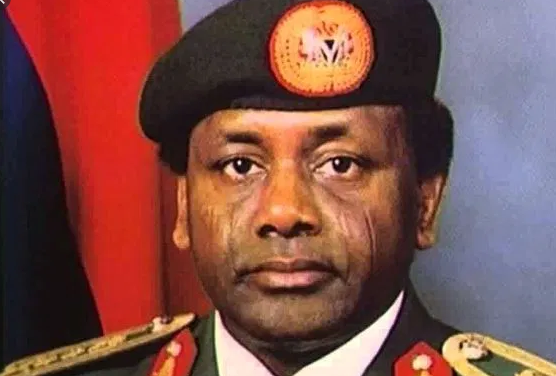Major Hamza Al-Mustapha, former Chief Security Officer to late Nigerian military ruler General Sani Abacha, has denied long-standing allegations that the late Head of State looted public funds and stashed them in foreign accounts.
In a recent interview with the BBC, Al-Mustapha claimed the funds widely referred to as “Abacha loot” were not stolen but were instead part of an economic survival strategy to cushion Nigerians during a period of extreme hardship.
“At that time, the government was running under a lot of hardship. There was no money,” Al-Mustapha said. “We went to Libya with several people to learn how they were surviving. Libya had faced sanctions for 11 years.”
READ ALSO:
According to Al-Mustapha, the Abacha regime modeled Nigeria’s economic survival strategy after Libya’s, introducing policies that supported Nigerian-owned businesses to import goods and sell them affordably to the public.
“These were the things we copied, and by God’s grace, Nigerians were not crushed,” he said. “But after Abacha died, some people didn’t return the money. Instead, they created many false stories against him.”
He insisted that the funds allegedly recovered and repatriated by successive governments were not personally held by Abacha, but deposited in national accounts designated to implement this economic plan.
“I don’t believe the money they say was returned to Nigeria was in Abacha’s name. Some people returned the money, others hid it,” he added.
No Evidence Abacha Stole Public Funds, Al-Mustapha Claims
Al-Mustapha further questioned the basis for the accusations, challenging critics to provide concrete evidence linking Abacha directly to the alleged financial crimes.
“Did Abacha ever travel abroad? Were the funds found with his signature? Or did anyone catch him transferring money? No,” he said, defending the late general’s reputation.
On Nigerian Democracy: “Progress Without Impact”
When asked about Nigeria’s democratic evolution since the end of military rule, Al-Mustapha acknowledged there had been political development but lamented that the benefits had not translated into improved living standards for average Nigerians.
“Democracy is good, but using it in a way that harms the people is a big problem,” he remarked.















